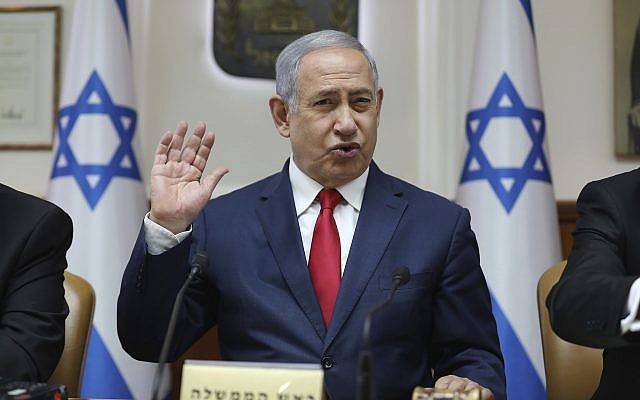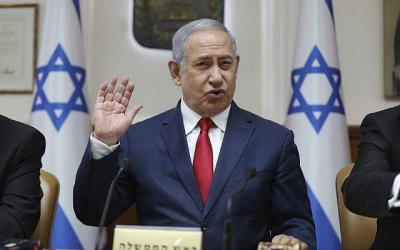Western intelligence reports confirm that as the date of the U.S. presidential elections approaches, the gap between Washington and Tel Aviv widens. Israeli Prime Minister Benjamin Netanyahu prefers to buy time and bets on the return of former Republican President Donald Trump to the White House, while Tehran favors the opposite. In this context, Netanyahu's policy of expanding military and security operations has led to unprecedented and reckless bombings of the Iranian consulate in Damascus and the assassination of senior Iranian leaders, which constitutes a direct declaration of war from one state to another under international law. In this operation, Netanyahu seeks to provoke a direct military response from Tehran, which could ignite the region and subsequently draw American military intervention to aid Israel. However, the United States is not inclined towards this course, nor is Iran willing to be dragged into a game that benefits Netanyahu at this timing, although it will certainly respond to prevent this Israeli aggression from setting a precedent for future attacks.
Here, the deepening disagreements between President Biden and Netanyahu emerge. The former does not want to widen the scope of the ongoing war in Gaza and the fighting in southern Lebanon, nor does he wish to deepen the rift with Iran, while the latter desires the opposite in both matters. It is known that the United States is uncomfortable with Netanyahu's disregard for the massive civilian casualties in Gaza. It feels that Israel is not doing enough to avoid committing atrocities against civilians, especially after the killing of an American aid worker. The U.S. also wants to see more humanitarian aid flowing freely into Gaza and is concerned about the lack of a clear plan for governing Gaza after the war.
**Lebanon Context**
Regarding Lebanon, Israel is also trying to heat up the battlefield, taking advantage of the political bidding phase in the U.S. elections to drag Hezbollah into a wide-ranging war. The party has interpreted Israel’s recent messages, especially the bombing of the Iranian consulate and its implications, and has received diplomatic and security messages through multiple channels. Accordingly, the party's Secretary-General, Hassan Nasrallah, responded yesterday with three statements: 1. "We do not want to expand the war. If it stops in Gaza, we will stop in Lebanon." 2. "We are ready for war and take threats seriously." 3. "If you want a wide war, you will pay a hefty price."
**U.S. Efforts**
The United States is striving to take further steps to prevent escalation and to keep the current conflict restrained according to the existing rules. It is working on weaving a political solution that includes a settlement whereby Lebanon would receive an Israeli withdrawal from the occupied territories, while Israel would move rockets currently used—especially the deadly Kornet—7 to 10 kilometers away from the southern border. Washington is also aiming to invigorate the Lebanese presidential elections within a timeline being discussed in diplomatic circles, particularly the five-nation committee that will resume meetings with Lebanese political forces after the Eid al-Fitr holiday.
Diplomats emphasize that it is very difficult to convince both parties of a settlement that requires substantial painstaking negotiations and cannot see the light before the fighting in Gaza ceases. However, with Netanyahu’s insistence on invading Rafah, it is certain that the situation will remain the same in southern Lebanon for the foreseeable future and will continue to be subject to Israeli extortion or recklessness. So far, it seems that no international or regional parties are capable of ensuring that Israel will refrain from escalating the current level of its operations in southern Lebanon, feeling emboldened by its offensive and defensive capabilities, intelligence gathering, and its willingness to bear escalation risks.
In summary, Israel is currently operating in southern Lebanon with minimal constraints. Thus, reckless Israeli officials may conclude that allowing their army to practice these new rules of engagement is a better option than relying on UNIFIL or the Lebanese army to restrain the al-Ridwan forces or protect the inhabitants of settlements along the border. The U.S. goal of stopping the war or at least preventing its expansion may not be achievable, especially at a time when many Israelis believe that war with Hezbollah is a matter of when, not if, as stated in "Al-Jumhuriya."




